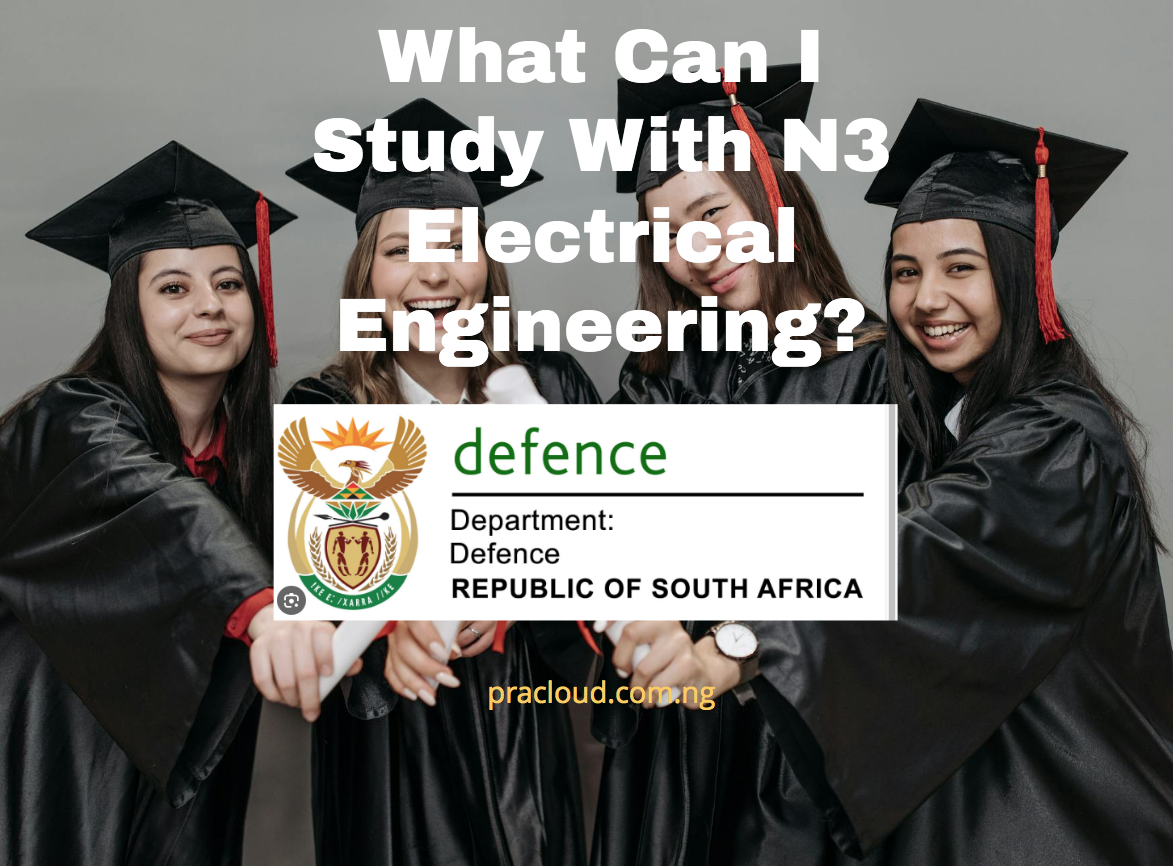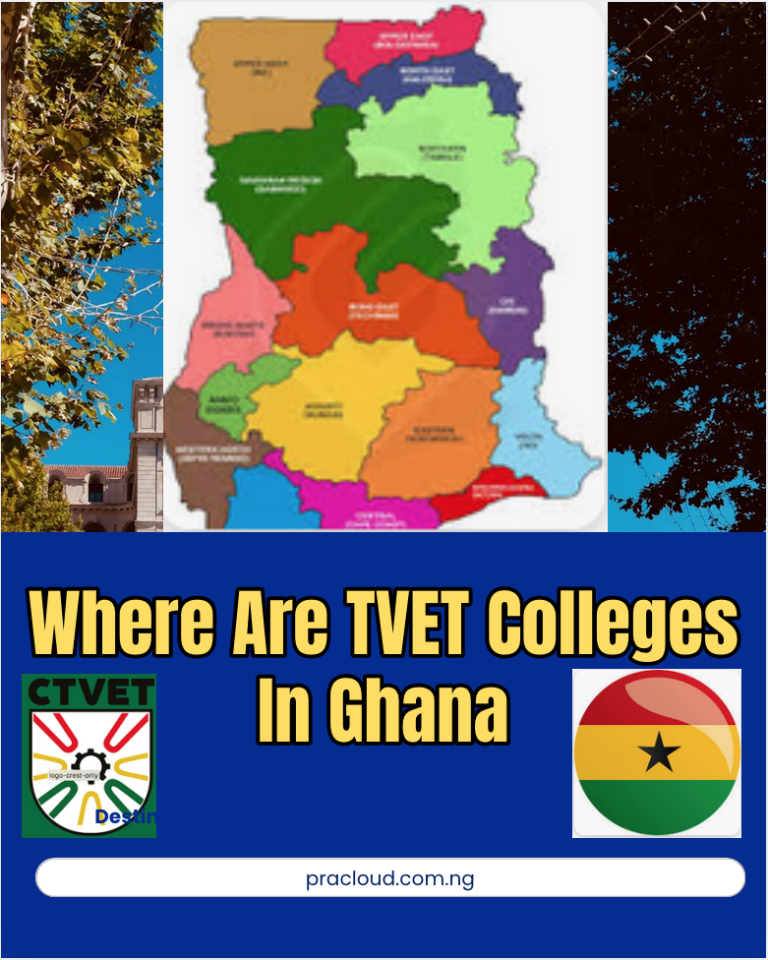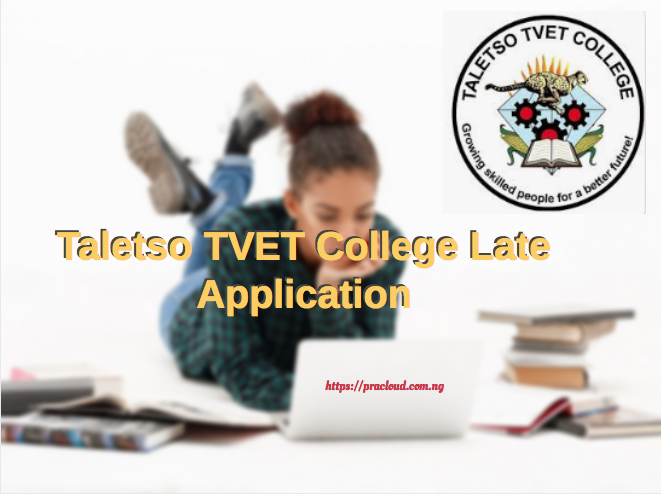What Can I Study With N3 Electrical Engineering?
What Can I Study With N3 Electrical Engineering?
What Can I Study With N3 Electrical Engineering? N2 N3 courses
You might be able to continue your study and possibly pursue a higher engineering degree with this degree. Take into consideration enrolling in a national technical certificate program at one of South Africa’s higher education and training institutions. Here are some things to know if you’re thinking about getting a National Technical Certificate.
The National Certificates N1–N3 in Electrical Engineering cover both heavy and low currents. Both domestic wiring and electricity distribution are heavily used in the public and private sectors of society. Fields that utilize light current include digital electronics and industrial electronics, for instance. The National Technical Certificate permits you employment in the engineering sector without the engineering credentials acquired at other higher educational institutions. What Can I Study With N3 Electrical Engineering?
A National Technical Certificate is obtained in what ways?
Specialized programs make up a national technical certificate, or an N3 certificate (like Motor Mechanics N3 or Electrician N3).
You must have completed the N1 and N2 qualifications, which are introductory courses to the material covered in your N3 course, in order to enroll in an N3 course.
Why Study Electrical Engineering N1-N3? N2 N3 courses
To provide students with a strong basic knowledge of the fundamentals of electrical engineering, the Electrical Engineering certification was created.
This qualification’s goal is to apply knowledge, often in the form of science, math, and empirical data, to the creation, design, construction, use, and upkeep of materials, machines, and structures in the field of electrical engineering.
The fundamental concepts needed to address engineering challenges are covered in this course.
Fundamental knowledge of arithmetic and physics is a requirement for entry.
What to do when you have a National Technical Certificate?
You cannot start working in your profession once you have earned your N3 qualification.
But you’re already well on your way!
Your N3 qualification will make you an equivalent candidate to someone who holds an NSC (grade 12 certificate) with math and physical sciences when applying to study for a national diploma (N4, N5, and N6).
Accreditations
Year 1: National Qualification
- National Certificate: N1 Electrical Engineering (SAQA ID
- 90674, NQF Level 2)
- National Certificate: N2 Electrical Engineering (SAQA ID
- 90674, NQF Level 3)
- Certificates and Diplomas are issued by the DHET.
- The release of statements of results and certificates is dependent on the DHET timeline.
Year 2: National Qualification
- National Certificate: N3 Electrical Engineering (SAQA ID
- 90674, NQF Level 4)
- Certificates and Diplomas are issued by the DHET.
- The release of statements of results and certificates is dependent on the DHET timeline
Job Opportunities
- Control and instrumentation Artisan
- Design Assistant
- Electrician
Course Content
Year 1
- MAT111: Mathematics N1
- ENS111: Engineering Science N1
- IEE 111: Industrial Electronics N1
- ETT 111: Electrical Trade Theory N1
- MAT211: Mathematics N2
- ENS211: Engineering Science N2
- IEE 211: Industrial Electronics N2
- ETT 211: Electrical Trade Theory N2
Year 2
- MAT311: Mathematics N3
- ENS311: Engineering Science N3
- EET311: Electrotechnology N3
for additional information visit here
RELATED LINKS
- What courses does Ekurhuleni West College offer?
- Can I Study Part Time At EWC?
- Tvet Electrical Engineering Courses
- What Can I Do With My N3 Electrical Engineering?






